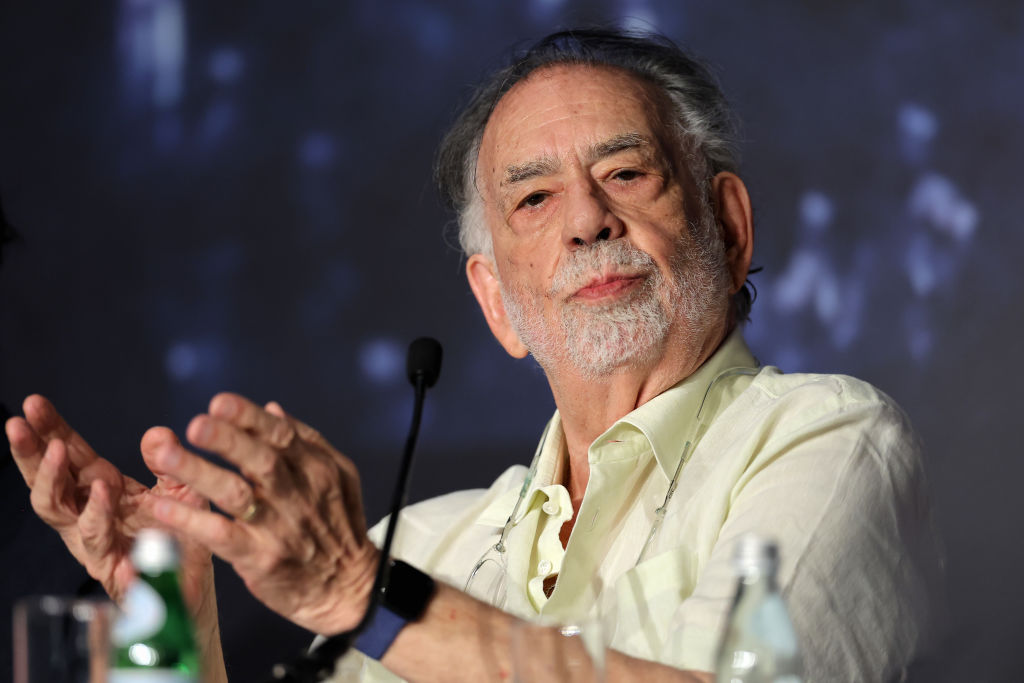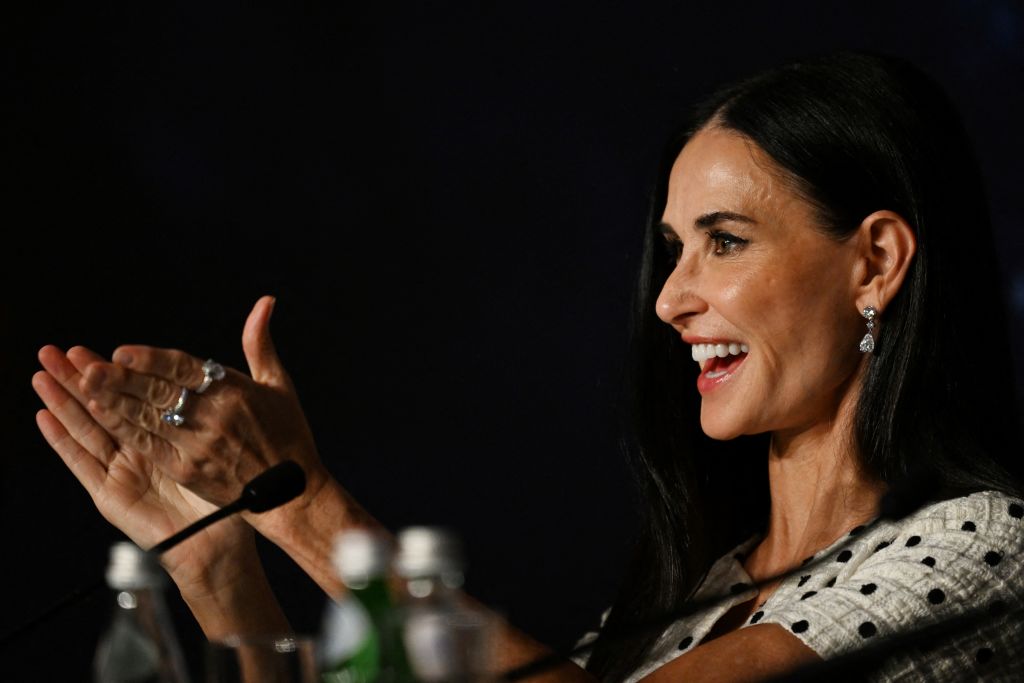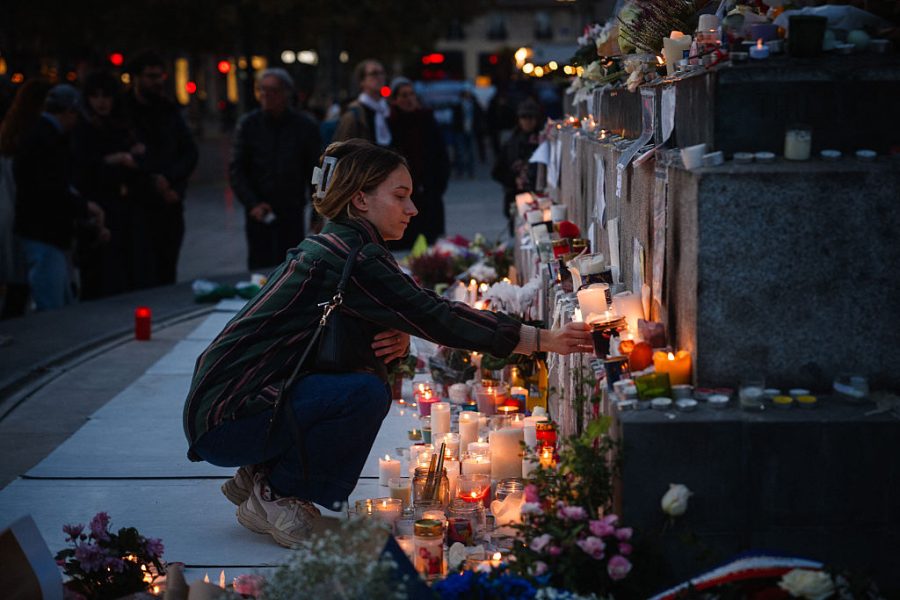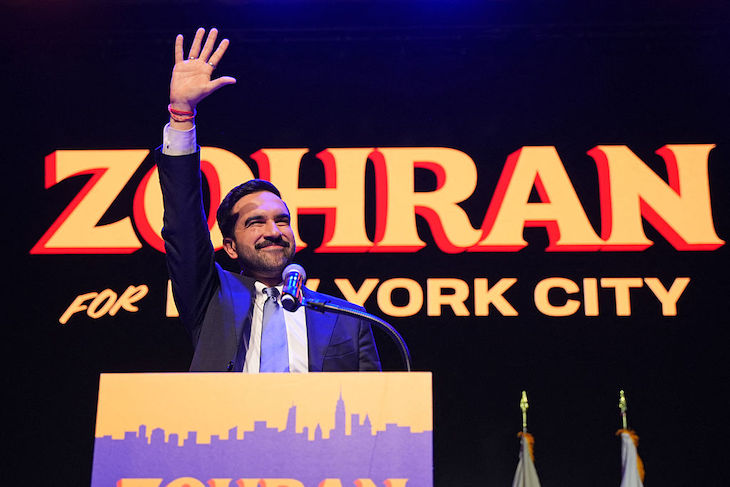Although this year’s Cannes Film Festival hasn’t concluded yet (it runs until this Saturday), there is a general sense that the true talking-point pictures have been frontloaded into the opening week, both in competition and out of it. Without doubt, the one that has attracted the most attention is Francis Ford Coppola’s sci-fi epic Megalopolis, which premiered last Thursday to a mixture of outright scorn and bemused but respectful appreciation, all of which suggests that, although it still lacks a US distributor, it will keep making waves upon its release later this year — although the chances of Coppola regaining anything like his $120 million investment are slim, to say the least.
Still, he doesn’t appear to care; in a press conference after the film’s premiere, he announced that, “When I die, I’m going to say, ‘I got to do this.’ I got to see my daughter [Sofia Coppola] win an Oscar and I got to make wine and I got to make every movie I wanted to make. I’m going to be so busy thinking about all the things I got to do that when I die I won’t notice it.” Whether this is bravura defiance in the face of imminent failure, or a stirring declaration of intent, there is no doubt that Coppola has, indeed, done it his way.

Much the same could be said for Kevin Costner, whose partially self-financed four-part western Horizon premiered its opening three-hour installment on Sunday night. Unfortunately for Costner, whatever kudos he has accrued through the vast success of Yellowstone — which he appears to have left abruptly after falling out with the showrunner Taylor Sheridan — has not translated into universal praise for his first directorial effort in two decades, suggesting that he, like Coppola, will struggle to recoup his investment. Although the second film has already been made (it premieres in August), and some limited production has begun on the third, it seems as if the jokes about “Kevin’s Gate” made when he began work on Dances with Wolves will return with a vengeance. Still, who knows. Costner has been written off over and over again, and yet on he comes, like a kind of nineteenth-century-styled Terminator.
Early word suggests that the Palme d’Or is likely to go to the French director Jacques Audiard for his audacious, Spanish-language musical Emilia Pérez, which not only touches on hot-button issues of sexuality and gender, but does so in song, and features none other than former teen pop idol Selena Gomez in one of the lead roles. Yet the fantasia will have stiff competition from the deliriously acclaimed The Substance, featuring the comeback performance of a lifetime from Demi Moore as an aging actress who desperately engages in a Faustian bargain involving herself being cloned in a younger body. Early word suggests that the film turns from a smart and visceral satire of the entertainment industry into, shall we say, something else, involving never-before-imagined scenes of body horror that had retching critics alternately applauding and looking desperately around for something that they might be sick into.
Most of the filmmakers returning to Cannes this year are veterans — David Cronenberg, Andrea Arnold, Yorgos Lanthimos (whose Kinds of Kindness received a more muted reception than his more mainstream, Tony McNamara-scripted films The Favourite or Poor Things) and Paolo Sorrentino have all come here with new pictures. Paul Schrader and Oliver Stone are also present, but, as befits two figures who long since left mainstream Hollywood, neither of their offerings — a documentary by Stone on the Brazilian president Lula and Schrader’s Russell Banks adaptation Oh, Canada — have been regarded as their best work. And for unapologetic Hollywood thrills, George Miller has returned with Furiosa, screening out of competition and widely regarded as top-end genre entertainment, if not quite the masterpiece Fury Road was.
There are continual mutterings that Cannes has lost something of its luster, and that it’s the fall’s Venice Film Festival that studios are positioning themselves for the intelligent, awards-bait mainstream fare now, rather than the earlier jamboree. This may be true. Yet Coppola and Costner, to say nothing of those who might walk away with awards, have proven that a mixture of stardust, controversy and old-fashioned brouhaha (to say nothing of whatever The Substance qualifies as) will ensure that this year’s south of France festivities will go down as another winner.


























Leave a Reply